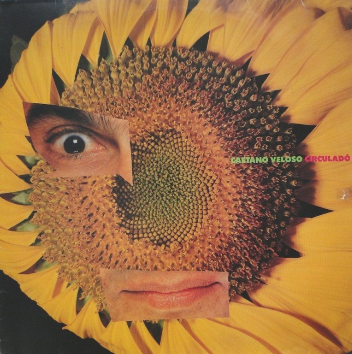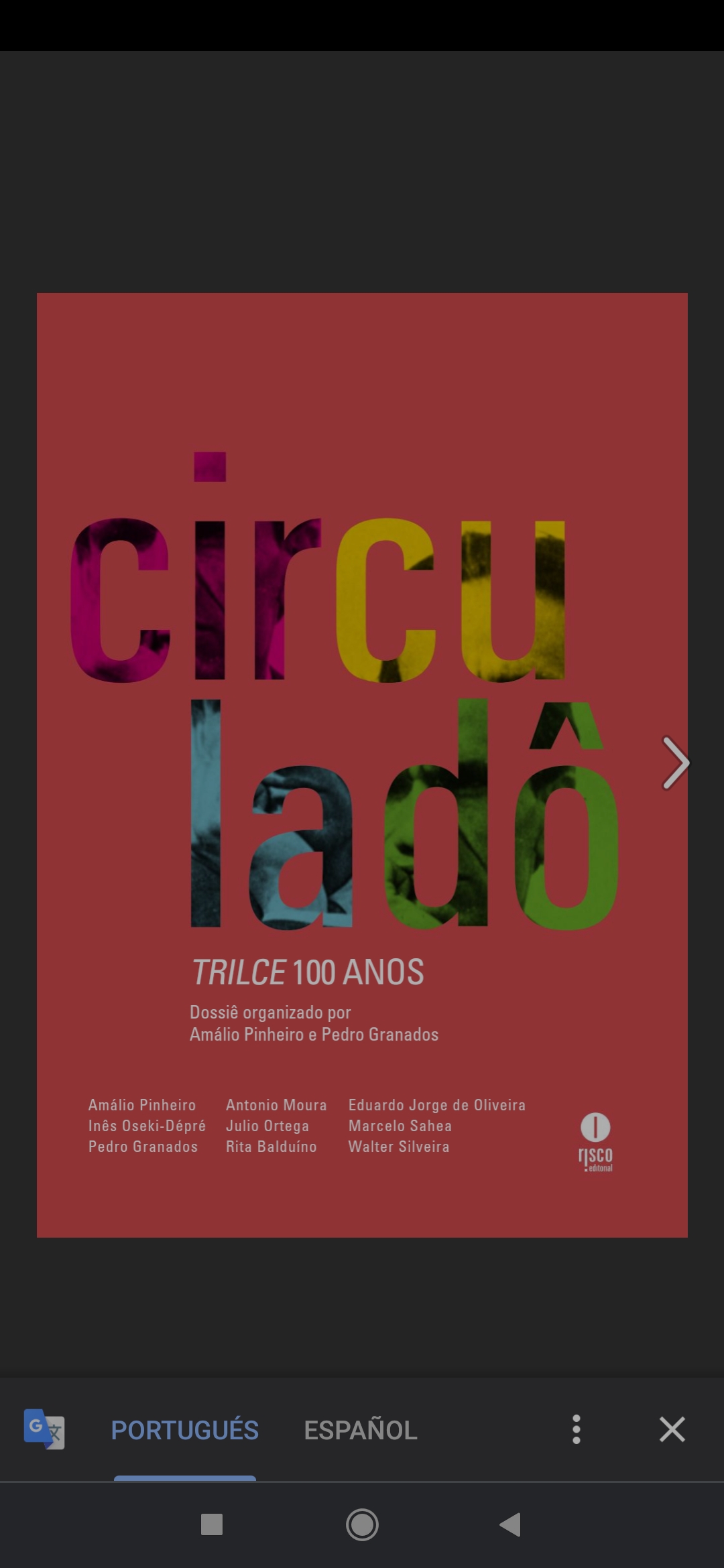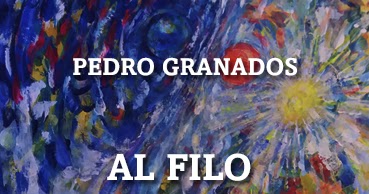Nueva York Poetry Press has published Sensory Overload / Sobrecarga sensorial, a collection of poems by the American poet Sasha Reiter, and translated into Spanish by the Peruvian poet Pedro Granados.
In his introduction, Granados writes that “With the poems in this new book, Sasha Reiter takes to another level what he had already achieved in his first collection. Fundamentally, Reiter delves into a kind of intelligence and sensibility –which does not shun humor– in the manner of a Paul Gauguin or a César Vallejo; that is, rather post-anthropocentric. Or, in other words, where the myth is not pausterized, but is alive, gathering people together and fostering a live community. This alone sets Reiter apart from a legion of young and not so young poets, attentive in a unique way to themselves or to an oversized private space. Sasha Reiter’s poems not only make up the Bronx but also –from a cultural perspective and not merely a geographic one– Peru and, likewise, the academy placed together on the stage. They are, first of all, for eating, for countering a vast creative anemia prevailing throughout the entire world.
Introduction by the Peruvian poet Pedro Granados
Sasha Reiter (born in 1996) is a young poet of unusual talent. Despite his age, he is a poet of keen vision, maturity and profound wisdom who possesses the uncommon ability to turn his personal experiences into universal ones. This can be appreciate it in the poems collected in his first book, Choreographed in Uniform Distress/Coreografiados en uniforme zozobra, published in a bilingual edition (English-Spanish) by Artepoética Press. His fine workmanship of the image as well as his particular vision of the surrounding world, make the reading of this book a worthwhile poetic and intellectual adventure. This book has already attracted considerable attention and has received many excellent and encouraging comments from several poets and literary critics, not only for the unique voice he offers us, but also for a singular poetic practice characterized by a mixing of registers and styles.
For example, Carlota Caulfield, Cuban-American poet and Professor in Creative Writing and Latin American Studies at Mills College, wrote that “Choreographed in Uniform Distress introduces a young writer of stunning linguistic energy and maturity. What is outstanding in this collection is the clarity of its imagery and its musicality. Reiter’s voice is attentive, open and sensuous. Whether talking about dreams and memory, everyday e uxperiences or a cellphone obsession, the poet offers us skillful and poignant images. I delight in the poems where elements of our modern world float, sometimes gently and others fast-paced, weaving not only personal, but also other’s experiences into stories. Choreographed in Uniform Distress/Coreografiados en uniforme zozobra is a remarkable debut collection. Reiter’s poems merit a wide audience.”
Regarding Reiter’s first book, the Argentinian poet and literary critic Luis Benítez, has written that “Paraphrasing the author, we can say that words come easily to a poet. However, the quality of those words, the exact combination of them, the play of reverberations, the alternations and modifications of meaning that are produced among the chosen words demonstrate that Sasha Reiter is a genuine poet. Reiter’s poetry is the evolution from the question to the answer, and from that to the next question. The author understands, very precisely, that contemporary poetry is not a system closed upon itself, but very much to the contrary, a tremendous and risky opening place which directs the reader toward the limits of language and even propels him/her beyond them. Reiter is a builder of meanings that, taken together, form a multi-faceted interrogative, questioning the condition of modern man.”
For his part, American poet and Distinguished Lecturer at the City University of New York and Editor of Review. Literature and Arts of the Americas, Daniel Shapiro, has stated: “Sasha Reiter’s poems display authority and pacing and construction as they meander through the idiosyncrasies of daily life. A promising young voice.” And Stephen A. Sadow, literary critic and Professor Emeritus at Boston’s Northwestern University, has written that “Sasha Reiter’s work is deeply rooted in the American tradition, but more in that of its singers than its poets. Reiter shares the feelings of despair and world-weariness of a Delta bluesman or a country and western singer. His poems are like ballads that tell stories reminiscent of the young Bob Dylan, the young B. B King and the young Johnny Cash. There is also a dose of the self-deprecation practiced by American Jewish comedians like Woody Allen and Rodney Dangerfield.”
Born in New York, raised in the Bronx, the son of an Argentinian father and a Peruvian mother, and having attended a public school with a predominantly Latino and Jewish population, Sasha experienced firsthand –according to his own words– “the metaphorical otherness of being both Latino and Jewish.” On this level, his poetry is the reflection of both his personal experiences as well as the expression of his political and social beliefs regarding the symbolic, and sometimes very real, walls that divide and separate peoples of different backgrounds, cultures, and mindsets.
With the poems in this new book, Sasha Reiter takes to another level what he had already achieved in his first collection. Fundamentally, Reiter delves into a kind of intelligence and sensibility –which does not shun humor– in the manner of a Paul Gauguin or a César Vallejo; that is, rather post-anthropocentric. Or, in other words, where the myth is not pausterized, but is alive, gathering people together and fostering a live community. This alone sets Reiter apart from a legion of young and not so young poets, attentive in a unique way to themselves or to an oversized private space. Therefore, today and in the projection of this poetry toward the future, we do not find utopias or dystopias in a humanistic way; but, instead, a plunge –with eyelids wide open– toward another instance or condition of language: a knife which cuts flesh, seasons it slowly and then hands it out. Sasha Reiter’s poems not only make up the Bronx but also –from a cultural perspective and not merely a geographic one– Peru and, likewise, the academy placed together on the stage. They are, first of all, for eating, for countering a vast creative anemia prevailing throughout the entire world.








